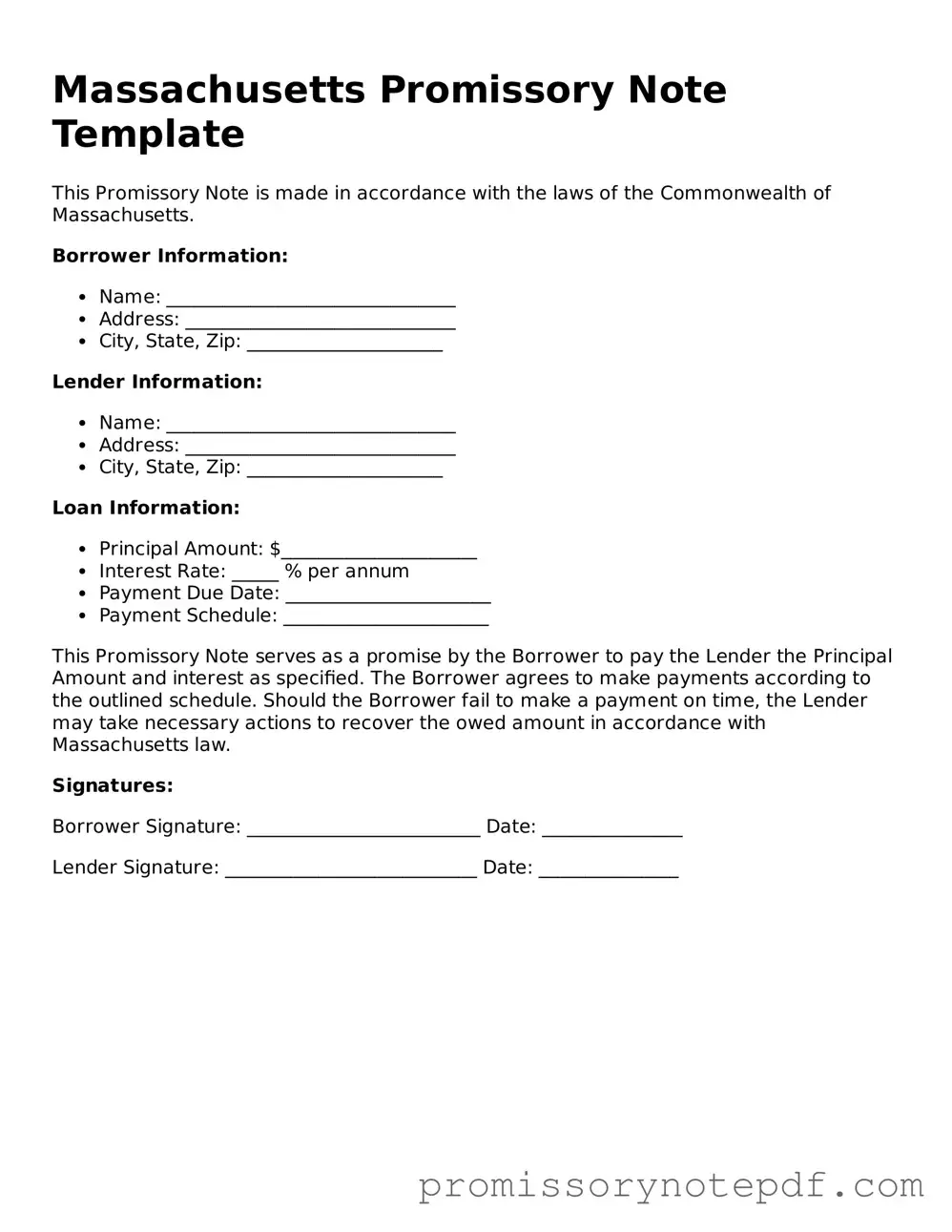Similar forms
A promissory note serves as a written promise to pay a specified amount of money at a designated time. One document that shares similarities is a loan agreement. Both documents outline the terms of borrowing, including the amount borrowed, interest rates, and repayment schedules. However, while a promissory note is generally simpler and focuses solely on the borrower's promise to repay, a loan agreement often includes more detailed provisions, such as collateral requirements and default consequences. This added detail makes loan agreements more comprehensive, catering to more complex lending situations.
Another document akin to a promissory note is a mortgage. While a promissory note represents the borrower's commitment to repay a loan, a mortgage serves as security for that loan. When someone takes out a mortgage to buy a home, they sign both a promissory note and a mortgage document. The mortgage gives the lender a claim against the property if the borrower fails to repay. In essence, the promissory note is the promise, and the mortgage is the safety net for the lender.
A third similar document is a personal guarantee. This is often used in business loans where an individual agrees to be personally responsible for the debt if the business cannot repay it. Like a promissory note, a personal guarantee creates a direct obligation for repayment. However, the key difference lies in the context; a personal guarantee ties the borrower's personal assets to the loan, whereas a promissory note typically involves a straightforward promise without such personal liability implications.
Next, consider an IOU, which is a more informal version of a promissory note. An IOU acknowledges a debt but may lack the formal structure and terms found in a promissory note. While both documents indicate that money is owed, an IOU usually does not specify repayment terms, interest rates, or consequences for non-payment. This informality makes IOUs easier to create but can lead to misunderstandings regarding the obligations involved.
Lastly, a conditional sales agreement is another document that resembles a promissory note. This type of agreement is often used in transactions where the buyer makes payments over time while using the item purchased, such as a car. Like a promissory note, it outlines payment terms. However, a conditional sales agreement typically includes provisions that allow the seller to reclaim the item if the buyer defaults, adding an additional layer of security for the seller that a standard promissory note does not provide.
